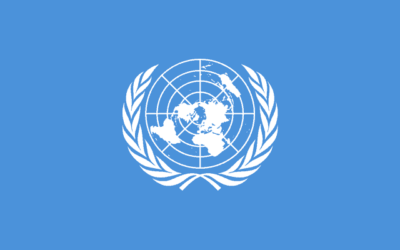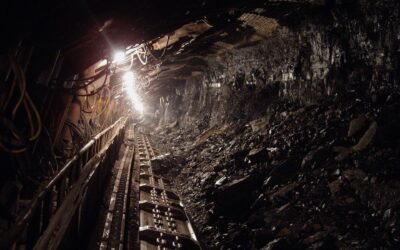Трудовые права охватывают широкий спектр прав человека, от права на достойную работу и свободу ассоциации до равных возможностей и защиты от дискриминации. Конкретные права, связанные с рабочим местом, включают здоровье и безопасность на рабочем месте и право на неприкосновенность частной жизни на рабочем месте, среди многих других. Учитывая отношения между работниками, работодателями и государством, права работников – это то место, где “бизнес” и “права человека” наиболее часто пересекаются.
Права работников на международном уровне изложены в ряде конвенций и договоров по правам человека, включая Всеобщую декларацию прав человека (статьи 23 и 24, 1948 г.) и Международный пакт об экономических, социальных и культурных правах (1966 г.), которые предусматривают :
- Право каждого на возможность зарабатывать себе на жизнь трудом, который он свободно выбирает или принимает.
- Право на справедливые и благоприятные условия труда, в частности на вознаграждение, которое обеспечивает всем работникам как минимум справедливую заработную плату и равное вознаграждение за труд равной ценности, а также достойную жизнь для них самих и их семей.
- Безопасные и здоровые условия труда
- Равные возможности для каждого получить продвижение по службе до соответствующего более высокого уровня без каких-либо соображений, кроме старшинства и компетентности.
- Отдых, досуг и разумное ограничение рабочего времени и оплачиваемых периодических отпусков, а также вознаграждение за праздничные дни.
- Право каждого создавать профсоюз по своему выбору и вступать в него, а также право на забастовку при условии, что оно осуществляется в соответствии с законами конкретной страны.
Глобальное неравенство во власти позволяет бизнес-модели максимизации прибыли формировать глобальную экономику, в которой прибыль важнее людей. Доминирование этой модели способствует различным формам эксплуатации, включая бедные заработки, дискриминацию и насилие, репрессии против профсоюзов и коллективных организаций, рост нестабильности на работе и отсутствие социальной защиты. Эта эксплуатация рабочей силы и отношения с ведущими брендами и розничными торговцами часто скрываются за сложной и непрозрачной сетью глобальных цепочек поставок.
Текст адаптирован с веб-сайта Глобальных НПД Датского института прав человека и портала по трудовым правам Ресурсного центра по вопросам бизнеса и прав человека.









